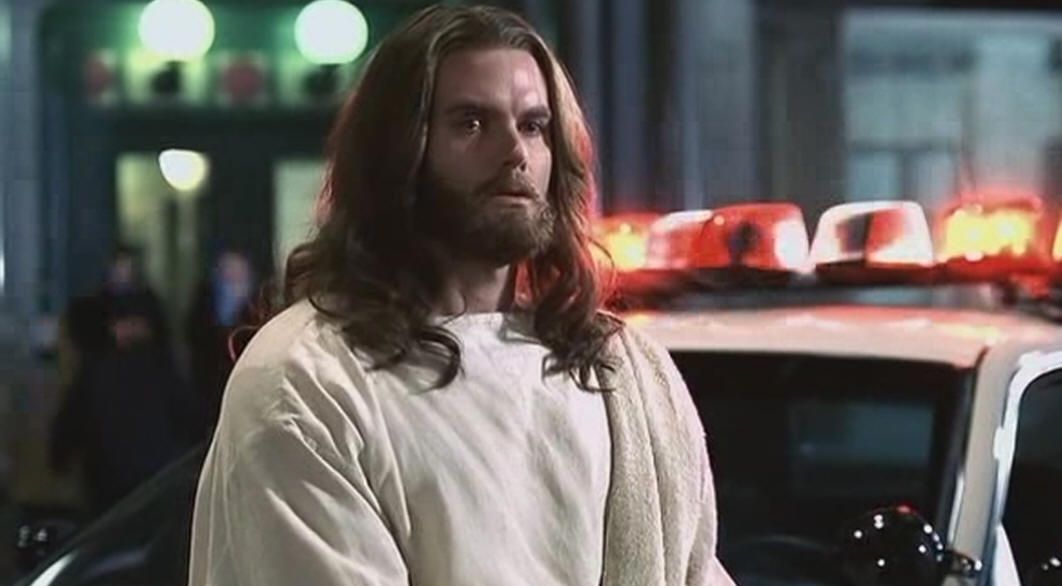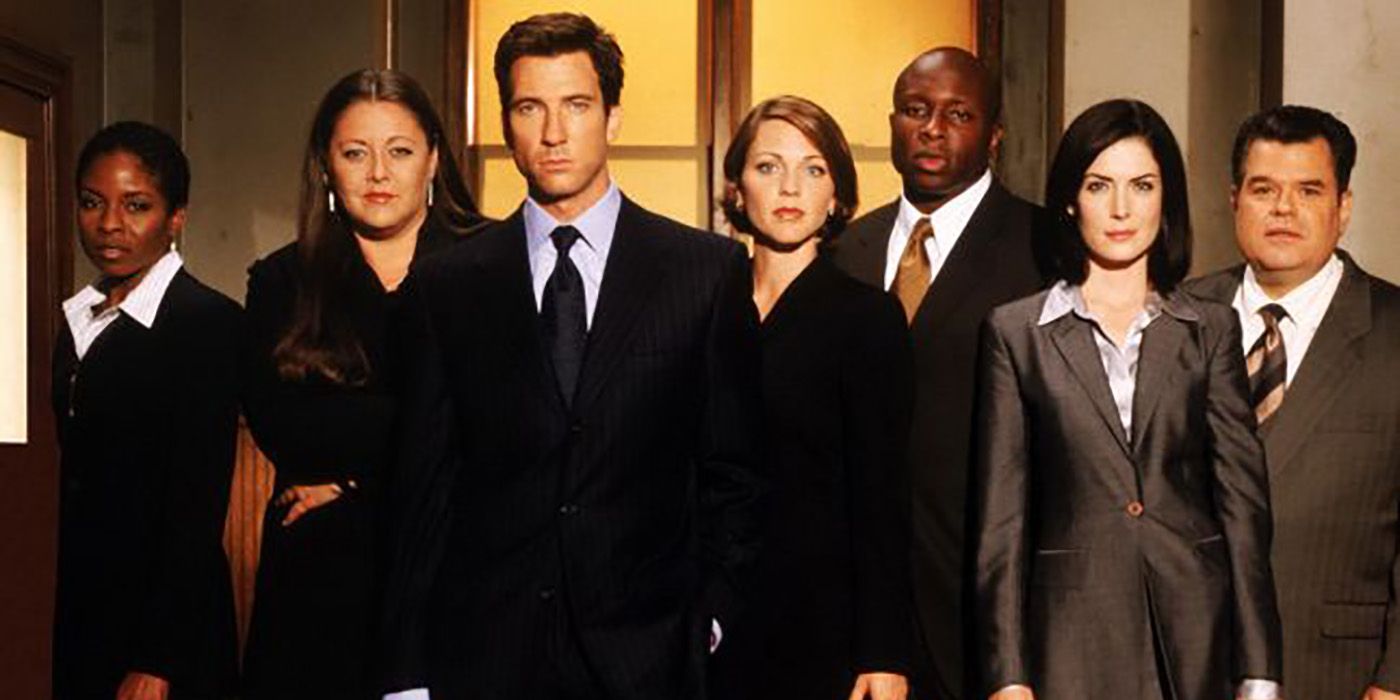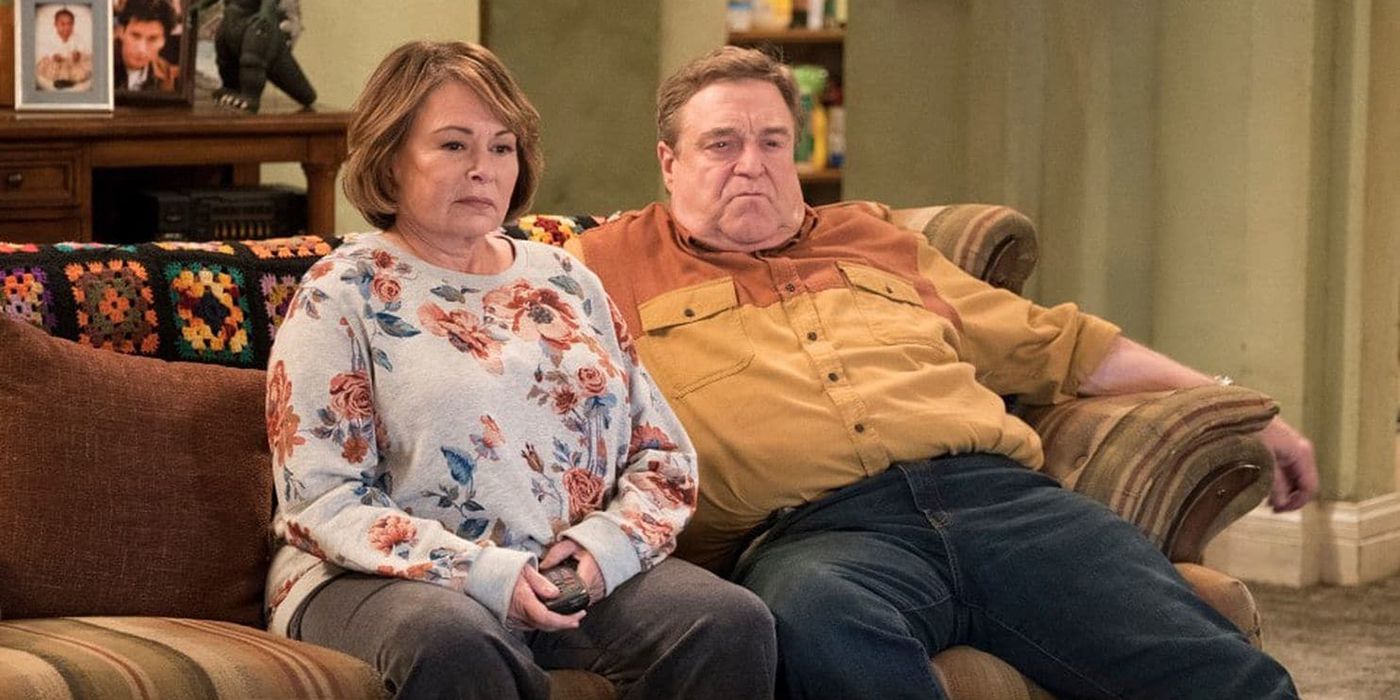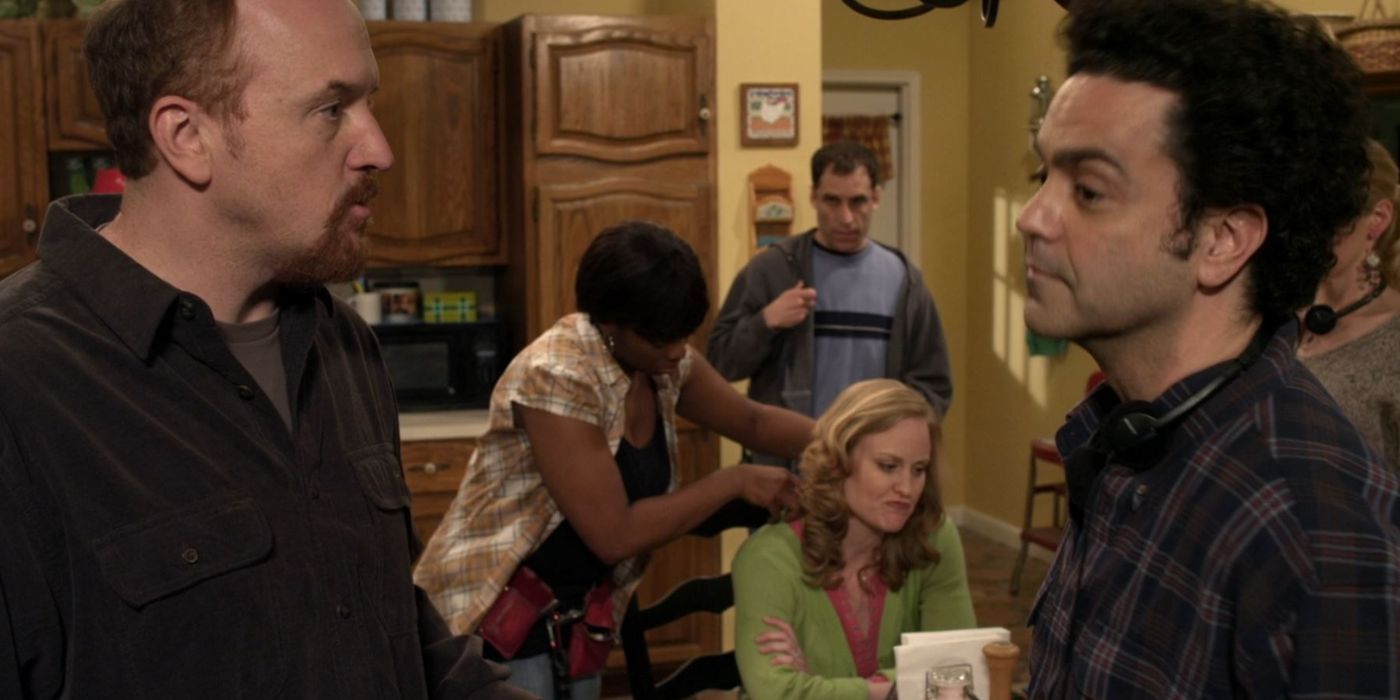Some TV episodes stirred up so much controversy, networks decided to shelve them completely before they ever hit the airwaves. Network TV controversies happen when shows talk about sensitive topics like religion, sex, politics, or violence. These issues can lead to episodes being edited, delayed, or even canceled. Networks try to balance creative stories with what viewers and advertisers will accept to keep their audience happy and safe.
Iconic network TV shows like Roseanne, All in the Family, The Simpsons, Friends, and The Practice have faced controversy over sensitive topics, including drug use, assault, and social taboos. These issues led to episodes being pulled or censored, sparking debates on TV censorship and creative limits.
Controversial TV episodes impact audiences by sparking debate and shaping public opinion on sensitive topics. Fans often feel frustrated when their favorite network TV shows censor content, while others appreciate thoughtful discussions. These controversies influence viewer trust, network reputation, and confirm the balance between creative freedom and broadcast standards in network television.
10
The Book of Daniel – “The Unborn”
NBC, 2006
NBC shelved “The Unborn,” an episode addressing abortion and religion, due to fears of backlash from religious groups and advertisers. This happened despite the episode already being promoted. The decision made headlines at the time and remains a key example of how network television sometimes avoids airing sensitive material to avoid controversy.
The episode was part of a drama centered on a progressive Episcopalian family grappling with modern issues. “The Unborn” intended to spark thoughtful dialogue around abortion but was considered too polarizing for primetime. NBC’s move ignited debate among critics and viewers, with some calling it censorship, others seeing it as responsible programming.
Although the episode never aired, its potential impact remains a topic of discussion. Script details that later surfaced online revealed what was left unseen. The situation highlights the challenge networks face in balancing creative expression with public response, particularly on polarizing issues like religion and reproductive rights.
9
The Practice – “The Dancer”
ABC, 2003
“The Dancer” was a completed episode of The Practice that ABC ultimately decided not to air. The episode focused on a dancer’s assault case against a powerful man, and its emotionally raw, graphic scenes were considered too intense for primetime. The network feared it could be distressing or triggering to viewers, despite its important message.
While The Practice often explored tough moral and legal subjects, this storyline went further than usual in its depiction of trauma. ABC’s choice to shelve it reflected the difficulty of addressing real-world issues within mainstream entertainment, especially when visuals or tone might disturb the audience during evening slots.
The decision drew disappointment, as the episode had the potential to contribute to a broader dialogue about violence and power dynamics. The incident highlights the ongoing tension between meaningful storytelling and network responsibility, especially when handling sensitive or graphic subject matter.
8
The O.C. – “The Chrismukkah That Almost Wasn’t”
FOX, 2005
Originally produced with mature content and adult language, “The Chrismukkah That Almost Wasn’t” from The O.C. was initially shelved by FOX. Executives were concerned about its depictions of drug use and its darker tone, which they felt clashed with the show’s holiday themes and its appeal to a younger, family-friendly audience.
The O.C. was known for blending teen drama with humor and heart, especially during its popular Chrismukkah specials. This episode marked a shift from that formula, prompting the network to heavily re-edit it. Eventually, a toned-down version aired, but the original episode never made it to broadcast as intended.
The edits sparked ongoing discussion about censorship and the boundaries of storytelling. The original version was seen as potentially offering greater character depth. The situation reflects how networks often limit creative risks when holiday themes or family-friendly expectations are at play, even in series known for addressing serious issues.
7
The Cleveland Show – “To Live and Die in VA”
FOX, 2010
The Cleveland Show’s unaired episode “To Live and Die in VA” was pulled by FOX due to concerns about its satire on military service and war. Though the show regularly used edgy humor, this episode’s portrayal of veterans and combat was seen as too risky. The network feared negative reactions from viewers, particularly those with ties to the military.
While The Cleveland Show often pushed boundaries with adult themes, FOX chose not to broadcast this episode to avoid potential controversy. Satirizing war and national pride can be especially sensitive, and the network likely wanted to protect its broader audience base and advertisers from backlash.
Though it never aired, clips and details from the episode have circulated online. The episode’s bold tone demonstrated how political and social satire on TV continues to face boundaries. Its shelving serves as a clear example of network caution overriding creative expression, especially when national symbols or controversial themes are involved.
6
Roseanne – “The Song Remains the Same”
ABC, 1994
Roseanne’s episode “The Song Remains the Same” was produced but pulled before airing because ABC felt its open discussion of drug abuse and content was too explicit for prime time. While the episode aimed to realistically portray tough issues, the network worried it might be too much for mainstream viewers and sponsors.
The show was known for its honest take on working-class family life and real struggles. But this episode crossed a line for ABC, which feared it could lead to backlash or loss of advertiser support. It’s an example of how networks often weigh storytelling value against public and commercial reactions.
Though it never aired, the episode still holds importance in Roseanne’s legacy. It showed the show’s willingness to explore difficult issues, even if they risked being censored. Today, it’s remembered in discussions about how far TV could go in tackling adult themes during the 1990s.
5
Married… with Children – “I’ll See You in Court”
FOX, 1991
The episode “I’ll See You in Court” from Married… with Children, (via FactsVerse) was produced but never aired due to controversial themes, including content and undertones that FOX executives found too explicit for television. The plot centered on a couple suing a motel for secretly recording their intimate moments, which raised concerns about decency and viewer reaction.
While the show was known for its bold, offbeat humor and willingness to push limits, this particular episode crossed a line. FOX feared the subject matter might lead to public complaints or upset advertisers. As a result, the completed episode was shelved, making it one of the few to be pulled purely for moral concerns.
Although it never aired during the original run, the episode eventually surfaced in syndication and on DVD. It remains a notable example of network intervention when content is seen as pushing boundaries. The situation reflects how provocative humor is still subject to broadcast standards and editorial oversight.
4
All in the Family – “Edith’s Problem”
CBS, 1975
The episode “Edith’s Problem” from All in the Family was made but never aired because CBS thought its focus on menopause was too taboo. The network worried viewers would be uncomfortable with such an open discussion of women’s health on primetime TV, making the episode controversial despite its significance.
All in the Family often tackled tough social topics with humor and honesty. Still, menopause was seen as a private and awkward issue for television in the 1970s. Shelving the episode highlighted the cultural limits on discussing women’s health during that era.
Today, fans and historians see the episode as important in TV history. It could have been one of the first times menopause was openly discussed on mainstream television. The decision to withhold it shows how much society’s views on what’s acceptable to show on TV have changed.
3
Friends – “The One Where Rachel Tells…”
Unaired Pilot, NBC, 1994
The original unaired pilot of Friends was created but never shown on TV. Network executives thought the episode needed big changes before the show could officially start. They felt the tone was off and some characters needed to be changed to better connect with viewers and improve the overall appeal.
This early pilot featured different actors and storylines compared to what fans saw later. It was used as a testing ground for producers to adjust character relationships and comedic timing. Even though it never aired, it helped shape the final version of the popular sitcom.
The unaired pilot is an interesting look into how Friends first began. Some clips and scripts have been shared online, showing how the show changed before becoming the cultural hit it is today.
2
The Simpsons – “The Principal and the Pauper”
Fox, 1997, Pulled from Syndication
“The Principal and the Pauper” episode (via LisaSimpsonLiberal) of The Simpsons originally aired but faced heavy criticism and was pulled from syndication for many years. The plot revealed that Principal Skinner was actually an impostor, which upset both fans and some creators. Fox decided to limit reruns to avoid further negative reactions and protect the show’s reputation.
This controversial storyline disrupted the character’s long-established backstory and divided viewers. Many fans felt it damaged the show’s continuity, making it one of the most polarizing episodes in The Simpsons history. The episode’s removal from regular broadcasts showed how strong fan backlash can influence network decisions even after a show airs.
Although it was not banned at first, the episode’s rare appearances in reruns made it difficult for many viewers to find or watch. This situation illustrates how episodes that initially air can still be effectively pulled from circulation when controversy arises around the content.
1
Louie – “Oh Louie/Tickets”
FX, 2012
The segment “Oh Louie” from the show Louie, created by comedian Louis C.K., was produced but never aired on FX due to its sensitive and controversial subject matter. The episode dealt with dark themes that FX executives believed were too uncomfortable for their audience. Despite Louie’s critical acclaim and reputation for pushing boundaries, FX chose to withhold this particular episode from broadcast.
Louie is known for exploring personal and often uncomfortable topics, blending comedy with drama. However, the “Oh Louie” segment was considered too extreme even for this tone, crossing the line of what FX was willing to air. This reflects the ongoing challenge networks face in balancing a creator’s artistic freedom with the need to adhere to audience sensibilities and broadcast standards.
After being shelved by FX, the unaired episode eventually found its way to other streaming platforms, where fans could access it. This case reveals how cable networks sometimes censor or withhold content due to concerns about sensitive material, showing the tension between creative expression and network policies on acceptable content.
Source: FactsVerse/YouTube, LisaSimpsonLiberal/YouTube







